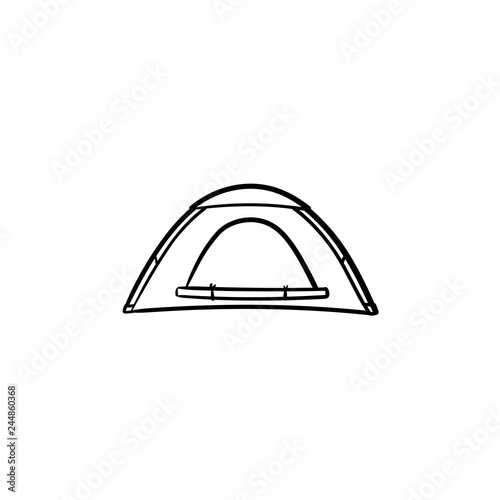Mesh Panels The Best Defense Against Bugs
Advantages and disadvantages of Vinyl Vs. Canvas Outdoor Tents FloorsWhile lots of campers focus on an outdoor tents's cover to protect them from rainfall, snow, and insects, the tent flooring is just as essential. A quality floor supplies protection from standing water, soaked mud, and sharp rocks.
At White Duck Outdoors, we offer free-floating vinyl floorings that are tailored to each camping tent size. This enables you to choose a floor lining or utilize your very own canvas tarp as a liner.
Toughness
There are various kinds of floorings offered for wall tents. Free-floating floors are separate pieces that you lay on the ground before building the tent, making them simple to establish. A sewn-in flooring is a little bit more complicated, yet it uses superb security from water and bugs.
Nevertheless, the very best choice is an outdoor tents flooring lining. A lining is thick and forces any water or pests to go under the floor instead of through openings in the outdoor tents. It additionally minimizes the amount of dust that gets in the camping tent, making it less complicated to cleanse and preserve.
All White Duck Outdoors wall tents come with a free-floating floor included, so you don't have to stress over buying and mounting one separately. We comprehend the value of being able to personalize your room and make camping more satisfying. The free-floating flooring makes the tent much easier to bring, clean and shop, deluxes that sewn-in or 3/4 floors do not offer.
Weather condition Resistance
When choosing a protective cover for industrial or logistical functions, weather resistance is frequently an essential element. Canvas tarpaulins are commonly made from all-natural products, while plastic tarps include advanced polymer design. This distinction in make-up results in considerably various efficiency features, upkeep needs, and ideal applications.
Vinyl tarps are ideal for long term industrial protection due to their toughness, water resistant attributes and chemical resistance. They also supply excellent UV defense and are lighter than canvas tarps. These residential or commercial properties make them the recommended selection for covering devices and constructing temporary structures.
Easy Upkeep
The longevity of plastic floors and their resistance to wear and tear translates right into minimal upkeep needs. Wipe-downs with mild soap and water suffice to keep them looking clean, while stubborn discolorations can usually be gotten rid of without much effort.
In contrast, canvas covers are more likely to soak up wetness over time, causing mold and mildew and mildew development if not correctly dried out or treated. Moreover, they could require even more regular waterproofing therapies to preserve their protective buildings.
Additionally, a woven fabric like cotton is prone to penetrating and tearing gradually, making it more vulnerable to harm from sharp objects or abrasive surface areas. Vinyl is crafted to withstand these dangers better, positioning it as an exceptional choice for durable defense applications. Furthermore, its synthetic components use exceptional longevity and durability contrasted to canvas products. Consequently, they commonly have a lower environmental impact in regards to manufacturing and disposal. They also often tend to have an extra versatile customization capability, assisting in the unification of complex styles and color design.
Ecological Impact
As with all items, it's important to recognize the ecological account of each product. This includes every little thing from outdoor shelter resources sourcing and manufacturing procedures to use durability and end-of-life disposal choices. This info enables services to make smarter selections that straighten with sustainability objectives while fulfilling operational requirements.
Sailcloth naturally aligns with eco-conscious goals due to its biodegradable nature and reduced manufacturing impact. Its lighter weight equates to much less storage and transport requirements. Its decreased upkeep demands and longer lifespan even more lower general expenses.
Plastic, on the other hand, relies upon artificial elements for its toughness and weather resistance. Its chemical therapies call for high energy input. Plastic's non-biodegradable residential or commercial properties additionally make complex recycling and waste management procedures. However, it does offer remarkable waterproofing and UV degradation resistance to outdoor atmospheres.
